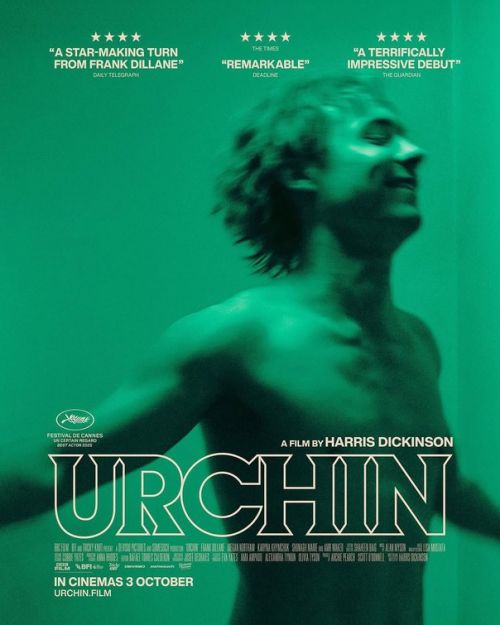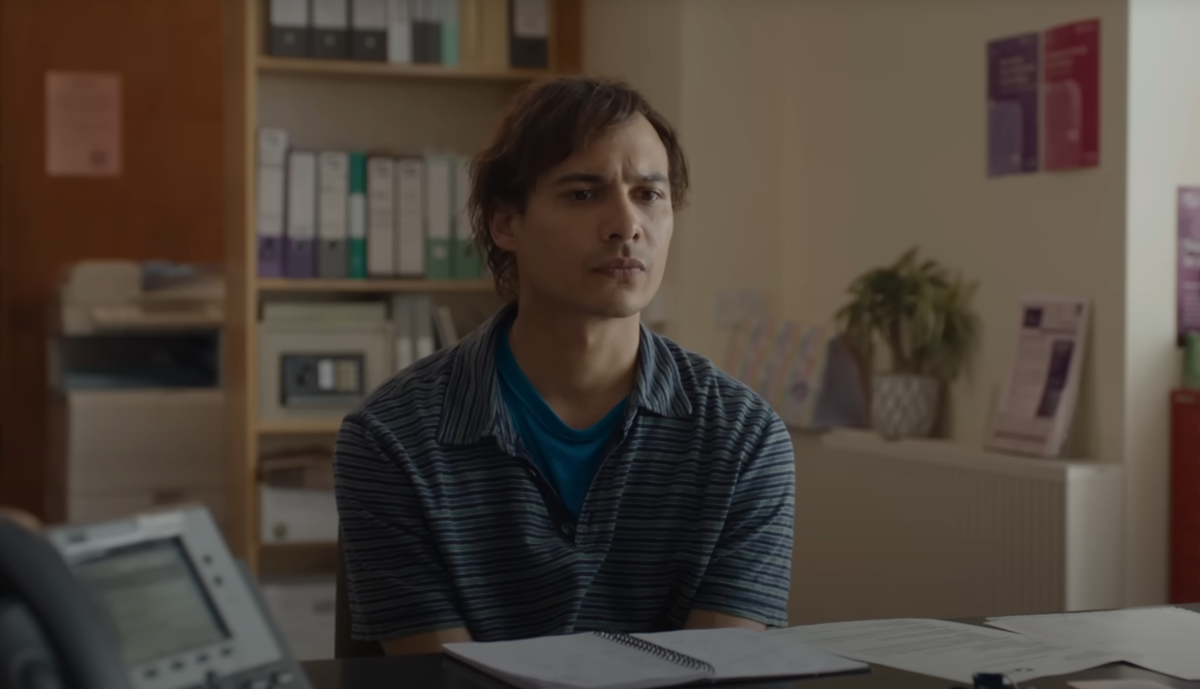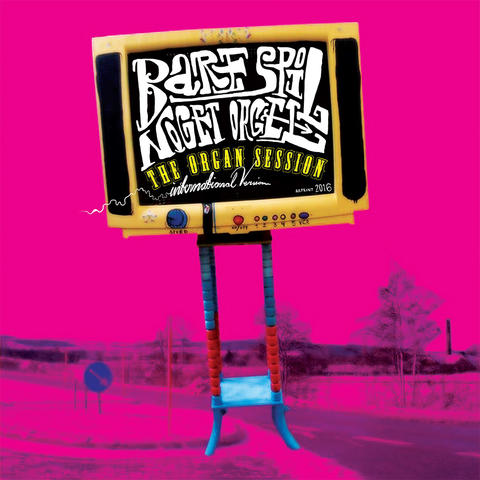 Harris Dickinson takes full advantage of his mushrooming acting career by making a writing / directing debut with this defiant and supremely tightly wound drama about Mike, a former prisoner struggling to rebuild his shattered life despite a mess of obstacles threatening to trip him up no matter how hard he tugs at those fabled bootstraps.
Harris Dickinson takes full advantage of his mushrooming acting career by making a writing / directing debut with this defiant and supremely tightly wound drama about Mike, a former prisoner struggling to rebuild his shattered life despite a mess of obstacles threatening to trip him up no matter how hard he tugs at those fabled bootstraps.
The camera tends to stand at eye level, studying its self-destructive subject from across the room or the street, its view constantly interrupted by passing cars and transient people. Its locked-in concentration is thus kept at an emotional remove as if, like a benevolent but nervous passer-by, it wants to slip him a fiver but is scared off by the rules of a society that not only shuns its most vulnerable members but also criminalises those who sincerely wish to help.
There are islands of kindness, grace and dark, self-aware humour poking out of the film’s choppy seas, little peaks and troughs in Mike’s unenviable, episodic life. But despite a few streaks of pink cloud, and some weathered purple and yellow in the costuming, the oppressively bleak grey sky squashes all colour from the screen for much of the time.
The vagaries of what remains of Britain’s social security system form an impenetrable labyrinth of police arrest procedures, restorative justice sessions, spartan temporary accommodation and endless meetings with functionaries who mean well but are, in their own way, as worn down by it all as Mike is.
Frank Dillane doesn’t so much portray as inhabit the central role, a downtrodden everyman whose frown is a continental shelf made up of the stress of simply staying alive. But in response to his fearless dedication to such a difficult and sometimes dangerously aggressive character, the film is very careful indeed neither to judge nor sentimentalise his predicament. Therefore, his director is forced to try and get around Mike’s recalcitrance with some bravura symbolic flourishes, worming their way obliquely into the nooks and crannies of his subconscious. Mike isn’t just going to volunteer this information readily, but our efforts to dig it out are finally rewarded with a climax of transcendent, epic sadness in the theatre of his mind, bathed in unearthly green light and soundtracked with a kind of darkwave blues.Urchin shines a sympathetic yet unflinching light on the weakest links in society’s chain, demonstrating its ever-diminishing strength. Its blend of documentary realism, improvisational character work and commitment to the harder truths of life littering London’s streets ties together the few hanging threads of the social fabric, in the near-exhausted hope of restoring it before it’s too late.
Even though it finds no easy answers, it never stops asking the important questions.-Stew Mott-




